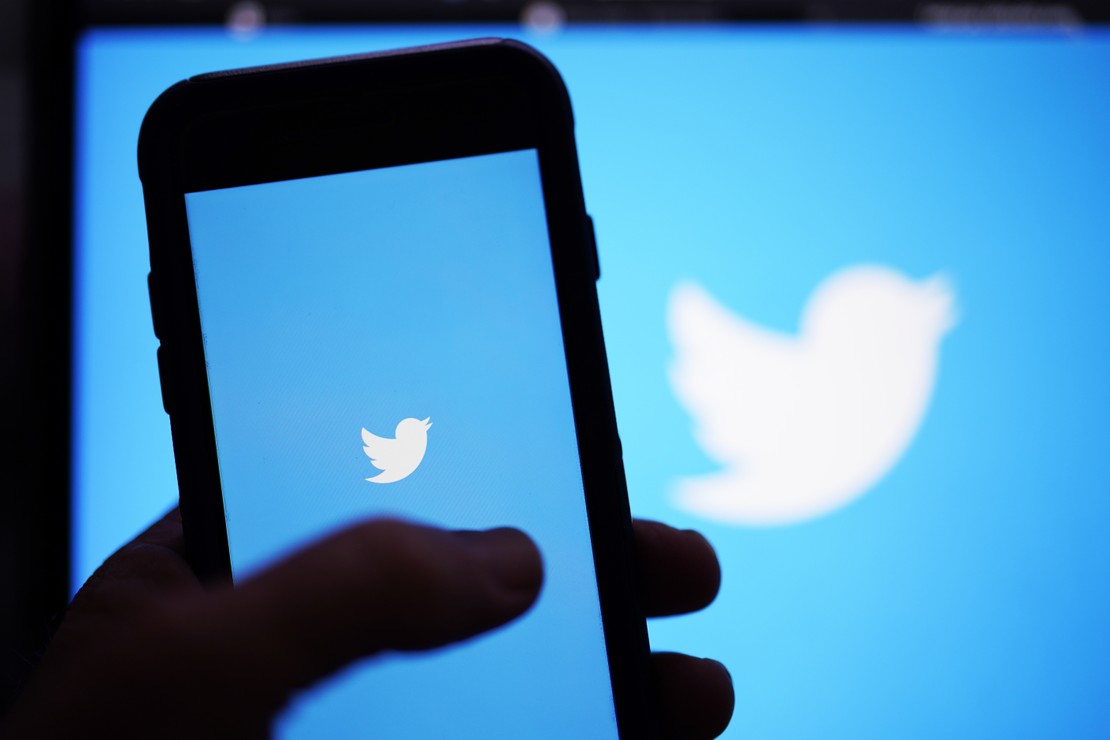
Twitter has a kiddie porn problem.
More specifically, they have a problem because they have been caught allowing users to promote the sale or exchange of kiddie porn and advertisers aren’t thrilled about it.
Reuters has an exclusive report about a deep dive that it conducted with Ghost Data, a cybersecurity firm, into the distribution of child pornography on the platform. One of the many disturbing findings is that companies advertising products often associated with children were having their promoted advertisements showing up in searches for child pornography. Looking for pictures of nude children? Disney is here to help.
Actually that is kinda appropriate, come to think about it.
Some major advertisers including Dyson, Mazda, Forbes and PBS Kids have suspended their marketing campaigns or removed their ads from parts of Twitter because their promotions appeared alongside tweets soliciting child pornography, the companies told Reuters.
Brands ranging from Walt Disney Co (DIS.N), NBCUniversal (CMCSA.O) and Coca-Cola Co (KO.N) to a children’s hospital were among more than 30 advertisers that appeared on the profile pages of Twitter accounts peddling links to the exploitative material, according to a Reuters review of accounts identified in new research about child sex abuse online from cybersecurity group Ghost Data.
Some of tweets include key words related to “rape” and “teens,” and appeared alongside promoted tweets from corporate advertisers, the Reuters review found. In one example, a promoted tweet for shoe and accessories brand Cole Haan appeared next to a tweet in which a user said they were “trading teen/child” content.
In another example, a user tweeted searching for content of “Yung girls ONLY, NO Boys,” which was immediately followed by a promoted tweet for Texas-based Scottish Rite Children’s Hospital. Scottish Rite did not return multiple requests for comment.
How very on brand–not for Cole Haan–but for Twitter.
Twitter is good at rooting out unapproved speech when it comes to spreading whatever the establishment has deemed “misinformation.” They get right on banning words like “groomer,” and kick off accounts of people trying to protect children from mutilation. They censored the New York Post for reporting factual information about Joe Biden and his family. Rooting out and censoring dissent is no problem for them.
They just booted LibsofTikTok from the platform, yet again. Why? Because she opposes child mutilation, of course, and that is verboten.
But if you want to distribute child pornography? Have at it. At least until the corporate cash stream is threatened.
Twitter’s challenges in identifying child abuse content were first reported in an investigation by tech news site The Verge in late August. The emerging pushback from advertisers that are critical to Twitter’s revenue stream is reported here by Reuters for the first time.
I hate linking to The Verge because they transformed from a largely tech-based blog to a left-wing political blog right before my eyes a few years ago, but good on them for doing the work. Credit where credit is due.
READ RELATED: Ukrainian counteroffensive moves east as hit squads target Russian collaborators for assassination
How bad is Twitter at rooting out the exchange of child pornography? So bad that it looks like they are hardly trying. Reuters had to actively lead them to the accounts in order to have Twitter do something about the problem.
Reuters and Ghost Data gave Twitter a sample list of the accounts distributing illegal material, and Twitter banned them and a few others. But many of the users identified by Reuters and Ghost Data remained until they gave the full list to Twitter. Are we supposed to believe that Twitter was unable to find the users? Ghost Data sure did, and they don’t run the platform.
Ghost Data identified the more than 500 accounts that openly shared or requested child sexual abuse material over a 20-day period this month. Twitter failed to remove more than 70% of the accounts during the study period, according to the group, which shared the findings exclusively with Reuters.
Reuters could not independently confirm the accuracy of Ghost Data’s finding in full, but reviewed dozens of accounts that remained online and were soliciting materials for “13+” and “young looking nudes.”
After Reuters shared a sample of 20 accounts with Twitter last Thursday, the company removed about 300 additional accounts from the network, but more than 100 others still remained on the site the following day, according to Ghost Data and a Reuters review.
Reuters then on Monday shared the full list of more than 500 accounts after it was furnished by Ghost Data, which Twitter reviewed and permanently suspended for violating its rules, said Twitter’s Carswell on Tuesday.
Twitter’s excuse for failing to root out accounts that use the platform to sell or exchange child pornography is that users are getting sophisticated, using code words instead of direct language.
That’s true enough, but hardly persuasive. As Ghost Data pointed out, they used a small team with limited resources and no direct access to Twitter’s infrastructure and managed to find 500 accounts pretty easily.
The traffickers often use code words such as “cp” for child pornography and are “intentionally as vague as possible,” to avoid detection, according to the internal documents. The more that Twitter cracks down on certain keywords, the more that users are nudged to use obfuscated text, which “tend to be harder for (Twitter) to automate against,” the documents said.
Ghost Data’s Stroppa said that such tricks would complicate efforts to hunt down the materials, but noted that his small team of five researchers and no access to Twitter’s internal resources was able to find hundreds of accounts within 20 days.
Twitter did not respond to a request for further comment.
This is all of a pattern I and others have been discussing for a while now: the people in positions of power in our society are not very interested in protecting children. In many cases it is worse than that–they are actively exploiting children and getting away with it. Jeffrey Epstein, anyone?
You don’t have to be a prude to object to this. You merely have to be a decent human being.
The supply of decent human beings in positions of power appears to be drying up, unfortunately.
Source:






